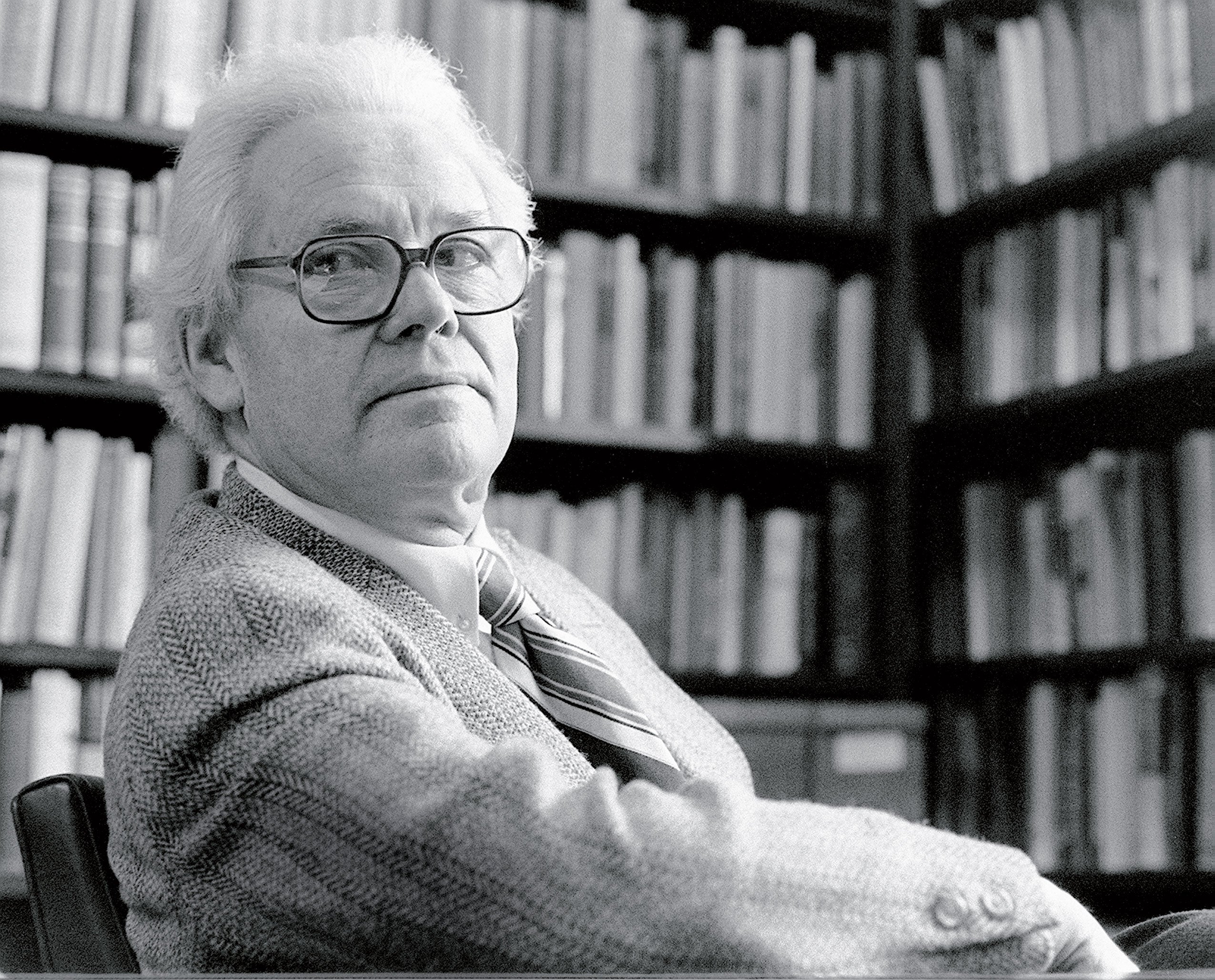An economist for a decent society
Richard A. Musgrave, professor emeritus of economics at Harvard Law School and the faculty of arts and sciences, died on Jan. 15 at the age of 96. Musgrave, a renowned political economist, was considered by many in his field to be the founder of modern public finance. Two of his books, “The Theory of Public Finance” (1959) and “Public Finance in Theory and Practice” (1973), became widely consulted classics.
Musgrave brought to his work the belief that governments should develop fair, efficient tax policies to redistribute resources and provide public services to the population. “He had a deep interest in the preservation of a decent society,” his wife, Peggy Brewer Musgrave, also an economist, told The Boston Globe.
Born in Königstein, Germany, in 1910, Musgrave graduated from the university of Heidelberg in 1933 before moving to the United States. He received his master’s degree and Ph.D. in economics from Harvard, and from 1941 to 1947 he worked as an economist for the Federal Reserve Board. After holding teaching positions at the University of Michigan, Johns Hopkins and Princeton, he returned to Harvard as a professor of economics at the faculty of arts and sciences and the law school in 1965.
Professor Emeritus Oliver Oldman ’53 was an early advocate of Musgrave’s appointment to the law school faculty, partly so that Musgrave could work more closely with the International Tax Program, which Oldman headed. It was the first time a professor of economics held a joint appointment at HLS. Musgrave acted as both mentor and inspiration to several generations of students.
“Richard’s lively engagement with his subject, his contagious enthusiasm and his genuine curiosity were as strong in his 90s as they were when I took one of his courses 25 years earlier,” said Professor Louis Kaplow ’81. After his retirement from Harvard in 1981, Musgrave taught at the University of California in Santa Cruz for over 20 years. Kaplow recalled sending drafts of his work to Musgrave for comments: “He sparked my own interest, and a countless number of students’ interests, in economics and taxation.”
While Musgrave’s position on the HLS faculty was a boon to students of public finance, his collaborations at the law school had a strong influence on his own work. “He was a great theoretician all along,” Oldman recalled, “but his time at the law school led him to expand his research and writing into the realm of practice as well.”
In addition to his work as an academic, Musgrave was sought by a fiscal policy adviser to foreign governments, including those of Bolivia, Colombia, Chile, Japan, South Korea and Taiwan. He played a similar role in the United States, consulting for the U.S. Treasury, the President’s Council of Economic Advisers, the Department of Housing and Urban Development, and the World Bank.
